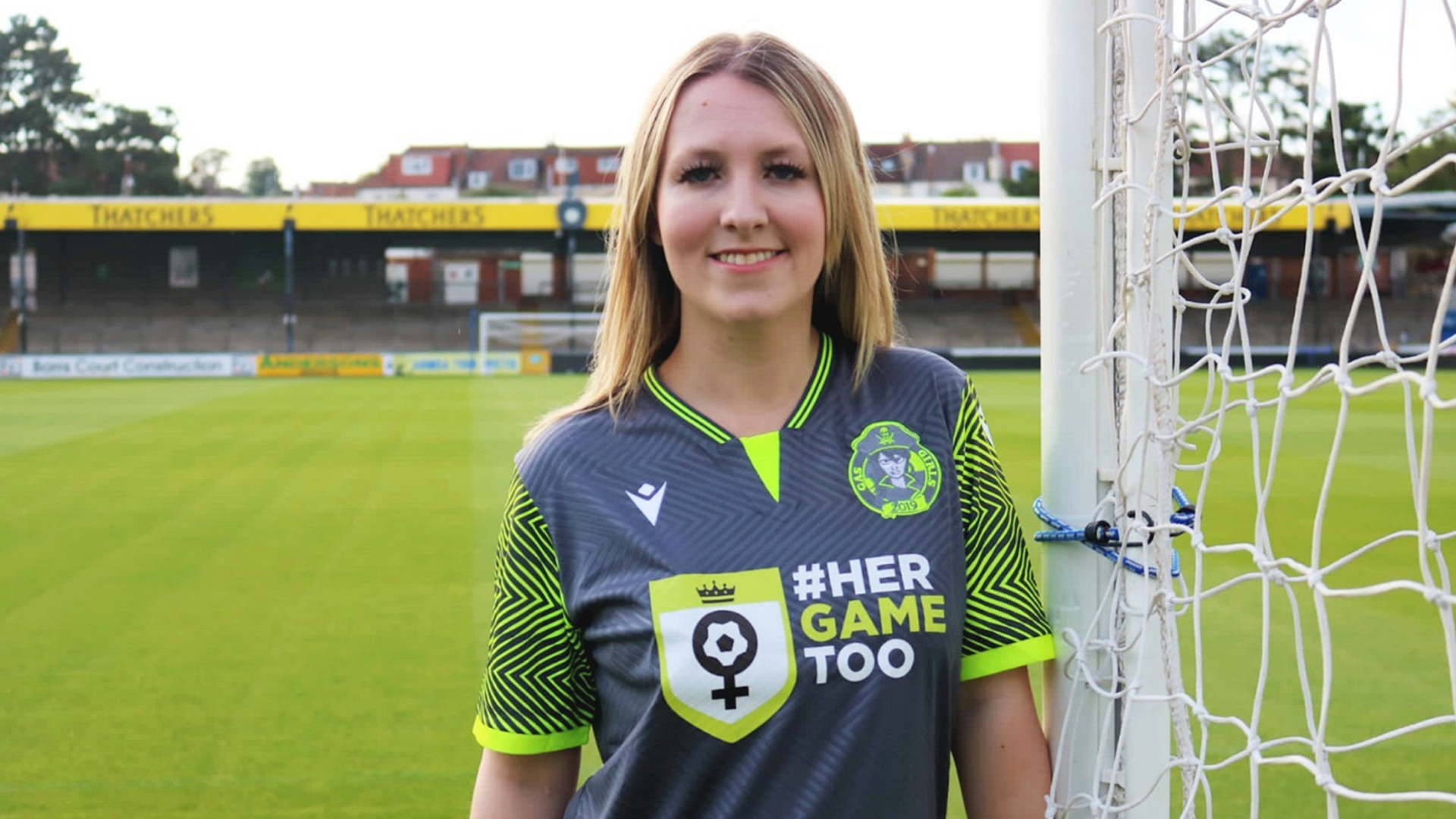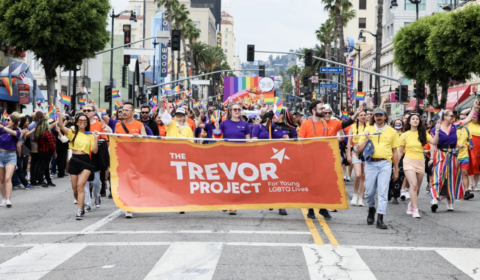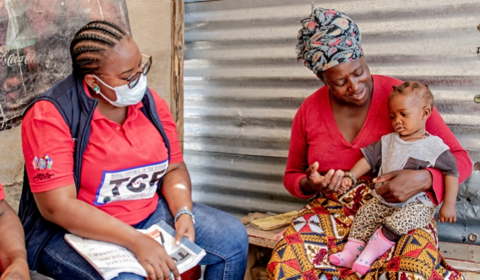Firstly, she explained, there aren’t enough opportunities for women to report such events at games.
For example, Bristol Rovers does have a reporting number for women to call or text for incidents that happen at matches, however neither Caz nor Lucy- both long-time fans and frequent match-goers, had even heard of it.
Football stadiums and sports bars need to operate a clear and effective reporting system and advertise the process in a way that is obvious and accessible.
Similar to the Ask Angela initiative in clubs, there should be posters in bathrooms and across venues with numbers or emails to allow individuals to report incidents of abuse easily.
Another sad reason that women do not report incidents is out of fear. The perpetrator could be someone they know, for example, or they worry that repercussions will make the situation worse, encouraging further abuse.
Moreover, those that do report have often found it leads to nothing, or that they are not taken seriously, further dissuading others who believe nothing will be done.
Beyond just reporting, clubs have a responsibility for their fans’ behaviour.
If you see a manager, player or official behaving in a certain way, it sends a message out to their fans about what behaviour is acceptable, Lucy explained.
Lucy used the example of Leicester City boss Brendan Rodgers, who finished a recent interview by praising manager of Chelsea Women FC, Emma Hayes.
“She’s done an amazing job for women’s football. All of the things you are doing is really helping women’s football progress.”
“As a fellow coach, I’ve watched from the outside… you’ve done amazing, so well done.”
The #HerGameToo initiative is not just about calling out sexism, but celebrating the accomplishments of women in football, and Lucy hopes Rodgers’ example will set a precedent in professional football.
To those who claim that this abuse is merely “banter”, Lucy stated, “there is a clear line between banter and sexism” and claimed that those who send such messages “don’t know the impact they’re having”.
She joked, “I don’t care if you say Rovers are crap,” but it’s different when the attacks become misogynistic.
“Just be kind to people.”
One of the most disheartening responses to their campaign, Lucy said, is the women who claim that the problem is “made-up” or “exaggerated”, because it didn’t happen to them.
“It’s really, really disappointing”, she continues, when fans have come forward and said they no longer feel safe at football matches, to “nullify their experiences is so disrespectful.”
A common experience for female football fans is being questioned on their knowledge in order to prove their interest in the game, rather than just faking it for “male attention”, as Lucy’s card in their video read out.
Before interviews and radio shows, Lucy has found herself making notes on recent fixtures and brushing up on her (already impressive) football knowledge, concerned she would be asked an obscure question to trip her up and subject her to more accusations.
However, even those without extensive knowledge of football should be able to enjoy the game, she argues, they have just as much of a right to watch football as long-time fans such as her and Caz.
The campaign also demands that social media sites take on more of a responsibility for policing sexist abuse, as well as homophobic, transphobic and racist trolling.
Although some users hide behind anonymous profiles, many send such hate from their own accounts, including a 12-year-old boy Lucy recalled.
Even fellow Gasheads (Rovers fans) have subjected Lucy, Caz and their team to sexist abuse- editing pictures and commenting on their bodies.
It’s not all negative though. The campaign has received an overwhelming level of support, including their video which gained over 1 million views in 24 hours.
The positive feedback has been “beyond what we could have imagined,” Lucy gushed, from partnering with their first Premier League team, Everton, to Torquay United giving away 1,000 free tickets to women and girls.
Another partner, Exeter City F.C. dedicated a whole weekend to celebrate the partnership, with a strong social media campaign which saw their women’s team get its largest ever attendance on their Sunday fixture.
The campaign also has a partnership with Hope and Glory Sportswear, who have produced a line of merchandise, the profits of which going to supporting grassroots women’s football.
The donations have given the girls of Downend Saints and Red Falcons FC a real chance to grow and get involved in higher level football.
In addition to official partnerships, Lucy also talked about how proud she felt at games, being approached by strangers thanking her for her work.
Beyond #HerGameToo, women in football have taken significant strides in the last few years; Rebecca Welsh became first woman to be appointed to referee an English Football League match and in October, an all-female referee team oversaw England’s World Cup Qualifier in Andorra.
If you couldn’t tell anyway from her hard work and dedication to the campaign, “football means everything” to Lucy.
https://twitter.com/LuceFord_/status/1393494406603358210?s=20
Her mum jokes that they should have known Lucy would be a committed football fan from walking downstairs to find 2-week-old Lucy intently watching the 1996 Euros.
“It’s part of my blood”, Lucy told me. Her grandad had been a supporter of Rovers since 1950, when he was taken by his dad, making Lucy part of the fourth generation of Gasheads in her family.
Sadly, her grandad passed in April last year, the day before Caz first approached her with the idea of #HerGameToo but Lucy is sure that he would be proud.
“He didn’t care if you were a boy or a girl, as long as you loved football, he’d take you to the stadium.”
To end our interview, I asked Lucy what she would wish for, if she could wish for anything.
Unsurprisingly, her first wish would be for an end to sexism, homophobia and racism, for the world to be “more peaceful, and with less hatred.”
Secondly, in a touching tribute to her late grandad, she wished for an end to cancer which also affected her dad and nan.
And finally, “a funnier one”, she said she hoped to see Bristol Rovers in the Premier League and a nice stadium, where she could watch them play with her friends and her family.
Want to learn more? Follow #HerGameToo on Instagram, Twitter and Facebook, or check out their website (which has all the teams’ info).
If you’re a female football fan who has been affected by online abuse, or harassment at football matches, you can share your story on social media under the #HerGameToo hashtag, or report it anonymously on their website.




















